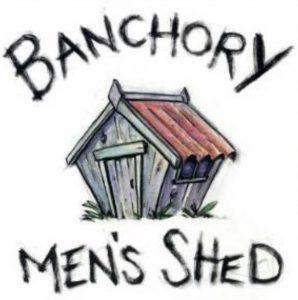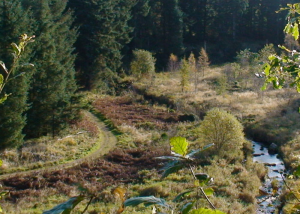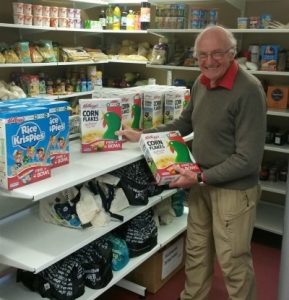Creative community
Creative community
6/01/25
In an age where most items we require in our lives are made by large companies, the creative talents in many of us have no outlet. Bespoke furniture, crockery, glassware are too expensive and are often of inferior quality to mass produced items sold by Ikea, John Lewis, M&S, Apple, Sony, etc. The age of the self-employed craftsman, the wood worker, the blacksmith, even the repairer, is gone. The only way that we can compete cost wise with these organisations is for our labour cost to be zero, which it is if we make things ourselves, either singly or in groups.
Do it yourself (DIY)
Not only is DIY hugely fulfilling, it can allow you to reduce your carbon footprint. Modifications to your home to make it more energy efficient, that would be uneconomic if tradesmen were used, suddenly make economic and environmental sense. You will also minimise your outgoings and therefore need less income.
Instead of all your furniture, clothes, pictures, photographs coming from shops, they can be made or repaired by you.
Many would say that they don’t have the skills to do such work. For almost every task, there is a video on U-Tube showing you how to do the job. This will indicate what tools you need and indicate the level of skill required. If the job really is beyond you, this is where barter comes in. You supply legal advice, your expertise, in return for a garden chair made by your friend. Alternatively, you provide your services for free, and the recipient gives a donation to your favorite charity.
Group work

By coming together to do work, we not only access other people’s skills, but form a sense of community. Examples are: –
- Men’s sheds (Figure 1)
- Allotments with a coordinating group
- Community woodland development and management (Figure 2)
- Community energy projects (e.g. ACE, River Don, Aberdeen)
- Car hire co-operatives
- Food banks (Figure 3)
Many activities are difficult to do on your own but become achievable as a group. For example, as a keen wood worker, I source second hand wood to make furniture. I cannot get a sawmill to saw it. They will not take the risk in case there are nails that would damage their saw. If I had access to a men’s shed with a suitable saw, I could use it. Similarly, I could get access to more sophisticated tools like welders and milling machines. As an individual I cannot afford or justify these, but as part of a group I could.

In China, they repair computers and mobile phones more than we do as this expertise is within their community; they are the ones who build the devices. Here we throw them away as being too difficult to repair. With a cross transference of skills, courses and education, we could do the same. By carrying out more repair and refurbishment, we would lower our costs and so need less income.
Allotments often fail to yield much produce. This may in part be due to enthusiastic amateurs learning as they go. However allotments are often located in built-up areas with many gardens and intense pest and disease pressure. Seasoned vegetable growers in the allotment, who have built up expertise in countering these pests, can help new members develop their competence. New members on their own would struggle; with help they can do so much better.
The big society

The big society became politicised by ex PM David Cameron, being viewed as a way of offloading on to volunteers work presently carried out by the state, so helping to shrink the state. It is, however, still basically a good idea. Voluntary activities like food banks, visiting and caring for old folk, cleaning up beaches and river banks and so on, all gain from local involvement. There is a feelgood factor which is infectious. While the state could undertake these tasks, often it manages to convert these very worthwhile activities into actions which defy common sense or flexibility. Such voluntary activities should therefore be encouraged.
